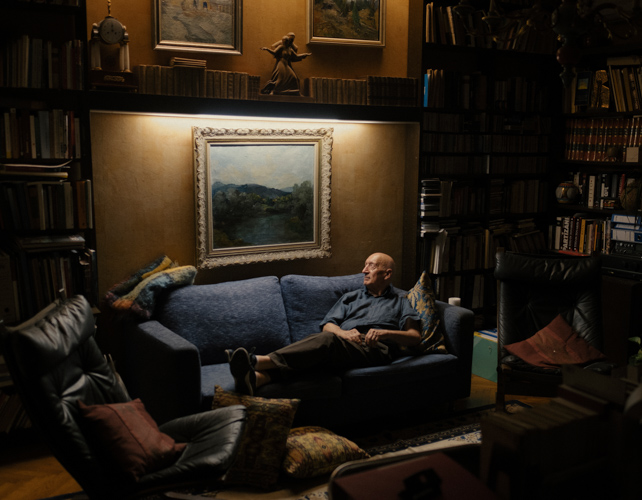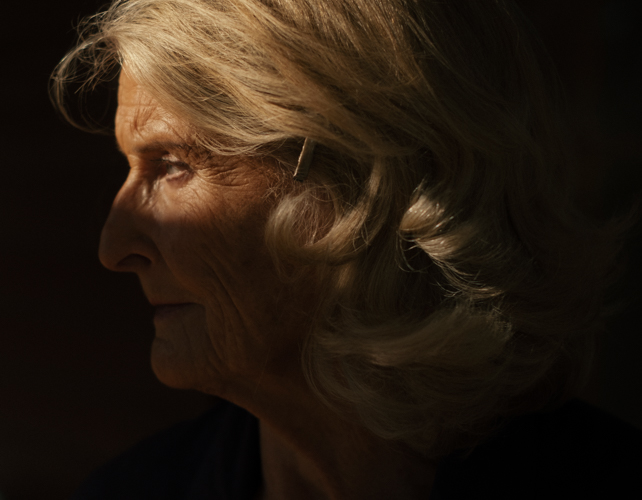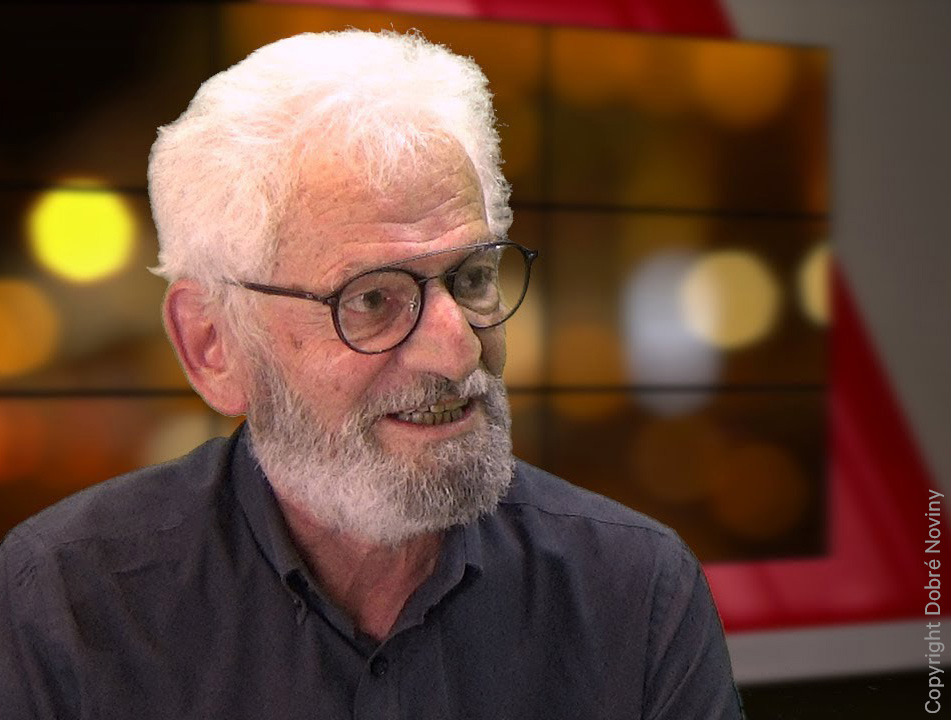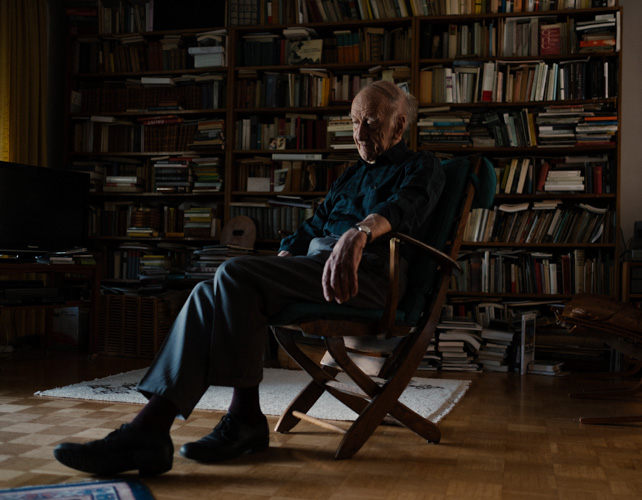Professor Dr. Jože Pirjevec is one of the most renowned historians in Slovenia and an expert in broader Yugoslav post-war history (particularly in diplomatic history). He was born in Trieste, a city in North Italy, close to the Slovenian border, on the 1st of June of 1940. First, he grew up in Sežana, where he experienced an independent, happy childhood. With seven years old, when Sežana fell to Yugoslavia his family emigrated to Trieste, where he and his family lived in poverty. He began his first studies in Graz but decided after a year that he would enrol in law in Trieste. Finally, he discovered his passion for history and graduated from Scuola Normale di Pisa with the highest grades. He taught in Padua and Pisa and became a well-known professor, author and expert on the West-Balkan history. He also became politically active through cooperating with the Slovene intelligentsia and becoming a member in different parties, such as the Slovenian liberal party. Professor Dr. Jože Pirjevec is a polyglot, who speaks six different languages and has lived and worked in many different countries, such as Russia, Austria, USA, Germany and England. All these experiences make him identify as a European citizen that sees great potential in the collaboration of European countries. He believes that only those who travel can really truly understand the spirit of Europe and influence its future in a positive way.
Professor Dr. Jože Pirjevec is one of the most renowned historians in Slovenia and an expert in broader Yugoslav post-war history (particularly in diplomatic history). He was born in Trieste, a city in North Italy, close to the Slovenian border, on the 1st of June of 1940. First, he grew up in Sežana, where he experienced an independent, happy childhood. With seven years old, when Sežana fell to Yugoslavia his family emigrated to Trieste, where he and his family lived in poverty. He began his first studies in Graz but decided after a year that he would enrol in law in Trieste. Finally, he discovered his passion for history and graduated from Scuola Normale di Pisa with the highest grades. He taught in Padua and Pisa and became a well-known professor, author and expert on the West-Balkan history. He also became politically active through cooperating with the Slovene intelligentsia and becoming a member in different parties, such as the Slovenian liberal party. Professor Dr. Jože Pirjevec is a polyglot, who speaks six different languages and has lived and worked in many different countries, such as Russia, Austria, USA, Germany and England. All these experiences make him identify as a European citizen that sees great potential in the collaboration of European countries. He believes that only those who travel can really truly understand the spirit of Europe and influence its future in a positive way.
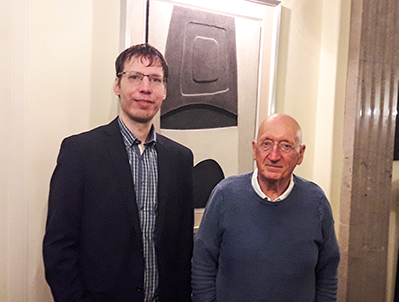
Jože Pirjevec was interviewed by Luka Lisjak Gabrijelčič, a Slovenian historian and editor of the Razpotja Magazine.
Interview Highlights
About the Partisan movement
As I said, I started writing a book on the Partisans in the hopes of contributing to reconciliation. This is because – I find that the Partisan movement is the most important event in Slovenian history, because through it, we shaped ourselves as a historical subject, internationally ranked among the European nations, delineated our borders and laid the foundations of our country. This does not mean, however, that I approve of everything that happened in connection with the Partisan movement.
About history
I also think a historian is ultimately an artist. It is no coincidence that history is one of the muses. It is important to know how to tell a story. That skill must be learned, of course. If you know how to tell stories, gain readers and establish a dialogue with them, even remotely, that is an important achievement. In that sense, I believe my work is creative as well.
About the political future
The result of these conversations is that democracy has reached a dead end and the big issue is how to find a formula that would know how to save democracy, but would also know how to save it from populism and demagoguery, because it happens all too often nowadays that very dangerous people come to power through democracy. This is a major issue: how to find a system that would strengthen the sovereignty of the people on the one hand and at the same time bring power to people who are responsible, who know how to rule and know how to give something to their nation.
About religion
Because I think that the development of humanity as we now know it, as this long process of development from a single-cell organism, has no place for mortal sin. If there is no place for mortal sin, there is no place for a saviour. So: what did Christ come to save? And even if he came to save something, why did he have to save humanity through crucifixion? Is God an Aztec deity, demanding a blood sacrifice?
About European Identity
And I think that there is a great future ahead for Europe – that there must be one, but I do resent Europe for not being able to express its potentials as it should. Europe should become a great force. Not in order to threaten or dominate anyone, but to be on an equal footing with the other great forces now emerging as a veto. […]
I emphasised, in this short note of mine, that Erasmus is one of the great achievements of Europe. It is a huge achievement that millions of young people have travelled around the world, gotten to know other European nations, and everyone is richer for it. And these are the people who will build a new Europe, not those who stay at home – because they do not understand it. But we who travel the world understand – we know what Europe is and why Europe is necessary.
